Advisory Group
Members
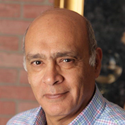
Emad Adly
Founder and General Coordinator, Arab Network for Environment and Development (RAED)

Marcela Arias Moncada
Ambassador and Permanent Representative of Honduras to the United Nations Office and other International Organisations in Geneva

Axel Bisschop
Principal Advisor on Internal Displacement, UNHCR
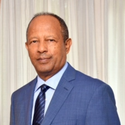
Negash Kebret Botora
Former Ambassador and Permanent Representative of Ethiopia to United Nations Office at Geneva and other International Organizations in Switzerland

Angelita Caredda
Director, Middle East and North Africa, NRC
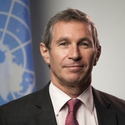
Peter de Clercq
Visiting Professor at the School of Governance in the University of the Witwatersrand, Johannesburg
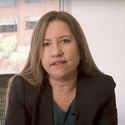
Paula Gaviria Betancur
Special Rapporteur on the human rights of internally displaced persons

Ben Graham
Director of the Fragility and Engagement Division, Asian Development Bank (ADB)
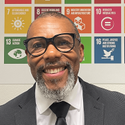
Ronald Jackson
Head, Disaster Risk Reduction, Recovery and Resilience Building Team, UNDP

Sebastian von Einsiedel
Senior Advisor on Internally Displaced Persons, UN Office for the Coordination of Humanitarian Affairs
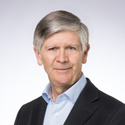
Walter Kälin
Professor Emeritus of international and constitutional law at the Faculty of Law, University of Bern and currently Envoy of the Chair of the Platform on Disaster Displacement

Laura Nistri
Displacement Tracking Matrix Global Coordinator, International Organization for Migration (IOM)
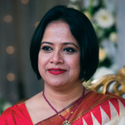
Tasneem Siddiqui
Chairperson of the Department of Political Science, University of Dhaka, and Founding Chair of the Refugee and Migratory Movements Research Unit.